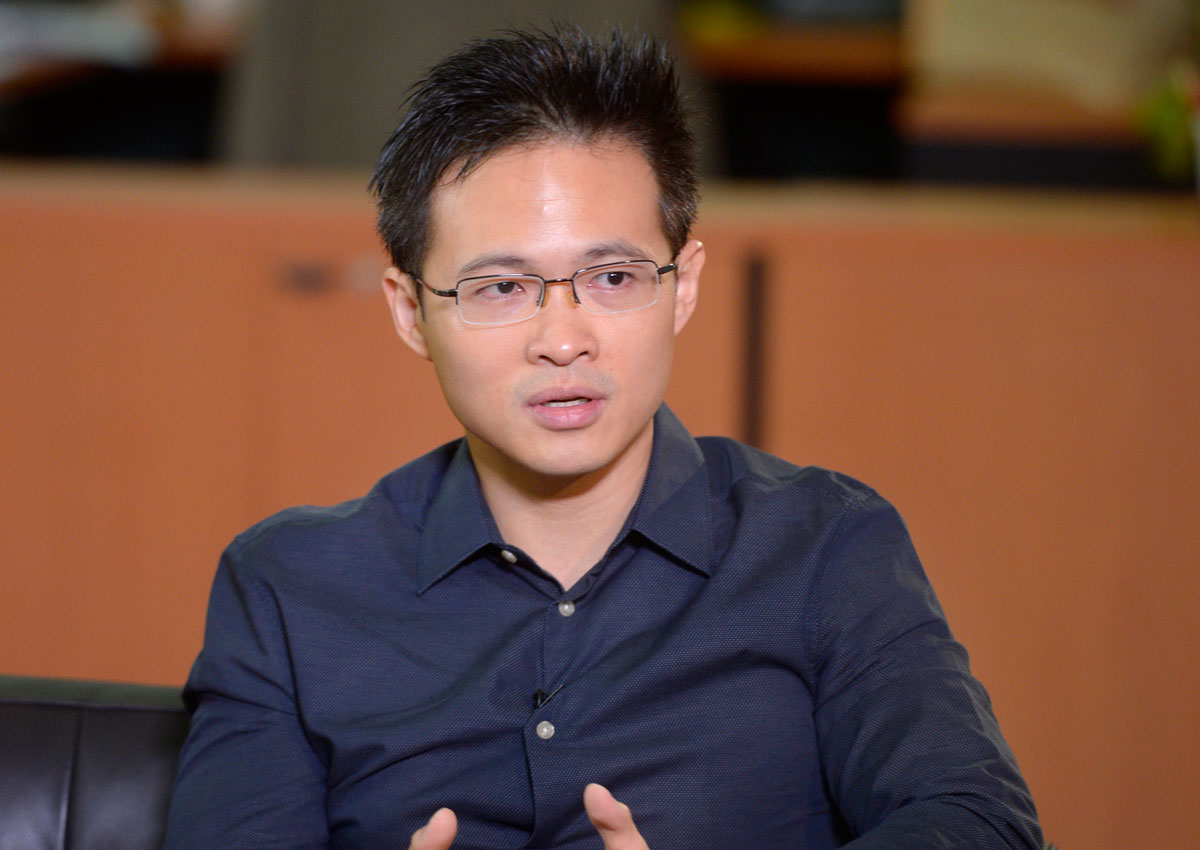This year’s Budget built on the groundwork laid down to prepare workers for an increasingly uncertain future – but more still needs to be done, four roundtable panellists across the labour spectrum agreed.
The participants at The Straits Times’ post-Budget Roundtable yesterday raised concerns over the increasingly rapid pace of change in the economy and workers’ ability to keep up.
Their points come on the back of a Budget which singled out the need to help tide firms and workers over the slowdown in growth, even as Finance Minister Heng Swee Keat stayed the course in transforming the economy to meet new challenges.
The panellists said more can still be done to help retrenched professionals find their feet, guide workers to acquire the most useful skills, and get employees on board in adding value to justify higher wages.
Panellist Walter Theseira, a senior lecturer at SIM University, said Singapore must be prepared to become a “normal” country where the retrenched spend more time out of a job and firms find it tougher to hire employees with the right skills.
There have been low levels of structural unemployment for many years, but industries and jobs are evolving faster than ever, which means Singapore is likely to face higher unemployment in the long term, he added.
Structural unemployment is caused by a mismatch between workers’ skills and those demanded by employers. In contrast, cyclical unemployment is the result of booms and busts.
The panellists said the Budget – as well as previously announced initiatives like SkillsFuture – laid some groundwork to prepare workers for a more uncertain future.
But Dr Theseira noted: “We don’t have a lot of social protection against the risk of unemployment. I’m not suggesting exactly that we copy unemployment insurance in other countries because… we don’t want to put in a system where people don’t have incentives to find a job.”
But in the absence of some form of unemployment support, workers might not want to take the risk of retraining or finding a different job better suited to their skills, Dr Theseira said. “This is a major issue we need to look at that will take more than one Budget to address.”
Mr Desmond Choo, a unionist and an MP for Tampines GRC, said the practicalities of skills upgrading or finding a new job can be tough to manage. Laid-off professionals, managers and executives often find it difficult to switch industries, said the director of NTUC’s youth development unit. “You either take a significant cut in your salary, or even when you try to retrain, it can be quite difficult.”
He added that more can be done to help workers move into new jobs or pick up new skills – for instance, by providing more support for workers who take time off to retrain, or career counselling for workers unsure about what skills to acquire.
Firms – many of which have been hit hard by rising wage costs even as they struggle to transform their business models – are also a vital part of the equation. Wage increases have been outpacing growth in productivity – another key issue that panellists say needs to be addressed.
Real wages were up 7 per cent last year, while productivity in terms of value added per worker dipped 0.1 per cent.
“The question is, how do we justify the high salaries and high costs? It has to be through revenues and adding value,” said Mr Jimmy Koh, United Overseas Bank’s head of global economics and markets research.
Association of Small and Medium Enterprises president Kurt Wee agreed it is “not realistic” for firms to rely on low-cost labour, which means firms have no choice but to transform and innovate to survive.
This effort has to be driven by both management and employees, with support from the Government, said Mr Choo. “The last thing that we want is to increase wages in a way that’s unsustainable, causing companies to fold and workers to lose jobs.
“(Workers should be able to say) ‘I’m not happy with the current pace of preparedness for the future’. (They can then) talk to the management and say, ‘I’ve heard about all these macro changes. I’ve heard about how my job might be taken away. How are we going to prepare for the next lap?’
“Only when we have this mindset change coupled with real training, and companies coming on board to support the training, can we make sure the jobs will be there five, 10 years down the road.”

This article was first published on March 27, 2016.
Get a copy of The Straits Times or go to straitstimes.com for more stories.







